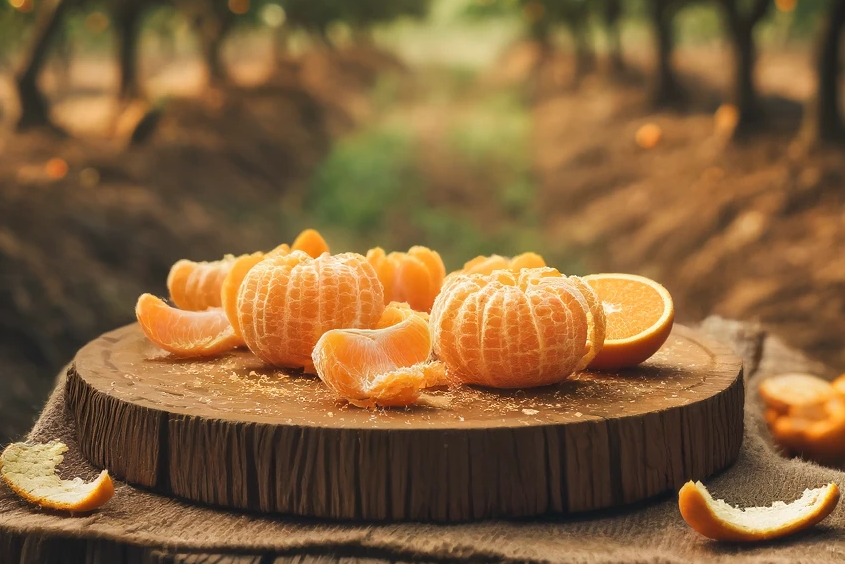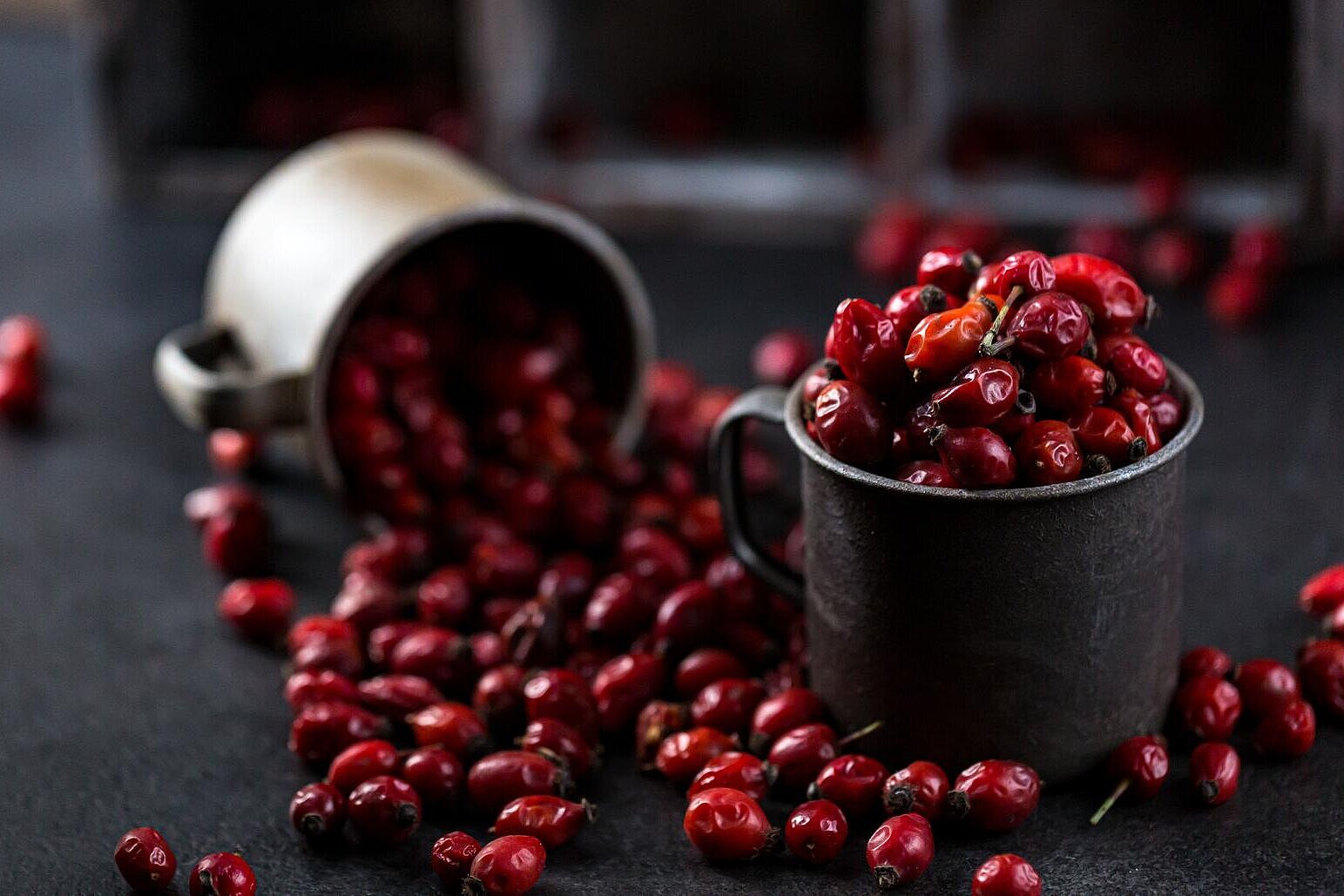Pomegranate peels

What are pomegranate peels?
Pomegranate peels are the outer skin or rind part of the pomegranate, a fruit known for its rich antioxidants and nutrients. While the juicy interior of the fruit is widely used for human consumption, the peels often go unused. However, recent studies and practices in animal nutrition are beginning to recognize the potential of these seemingly insignificant by-products.
Benefits of pomegranate peels
Rich in antioxidants
Pomegranate peels are rich in antioxidants, including tannins and anthocyanins, which can neutralize free radicals. This property can help reduce the risk of chronic diseases and strengthen the immune system.
Natural anti-inflammatory
The bioactive compounds found in pomegranate peels have anti-inflammatory properties that can help treat and prevent inflammation and related conditions such as arthritis.
Supporting digestive health
Pomegranate peels contain dietary fiber, which can promote gut health and support regular digestion. They may also help in the prevention of gastrointestinal disorders.
Potential antimicrobial properties
Some studies suggest that pomegranate peel extracts have antimicrobial properties that may be effective against certain bacteria and viruses. This could contribute to the overall health of the dog and reduce the risk of infections.
Possible disadvantages and risks
Risk of toxicity
Although pomegranate peels offer many health benefits, there is a risk of toxicity if consumed in excess. Pomegranate peels contain alkaloids and tannins that can be toxic to dogs in high doses.
Digestive problems
The high amount of tannins in pomegranate peels can cause digestive problems in some dogs, including nausea, vomiting or diarrhea, especially when consumed in large quantities.
Tolerance and allergies
As with any new ingredient in a dog's diet, there is the possibility of intolerances or allergic reactions. It is important to make any changes to the diet gradually and watch for signs of intolerance or allergic reactions.
Pomegranate peels could be a valuable addition to your dog's diet, provided they are used correctly and given in moderation. Their antioxidant, anti-inflammatory and antimicrobial properties can support your dog's health and well-being. However, it is important to be aware of the potential risks and only use pomegranate peels in small, controlled amounts to avoid possible side effects.
If you notice any signs of hypersensitivity or poisoning in your dog, you should see your vet immediately. We are not a substitute for a vet, but we try to be as accurate as possible. Every dog reacts differently and we recommend you get a second opinion or consult your vet if in doubt.
Stay healthy and take good care of your four-legged friend!😊
Similar to Pomegranate peels
Apple peels are the outer layers of the apple fruit that contain a variety of nutrients, antioxidants and fiber. While many people tend to remove the peel before eating the apple, these outer layers...
Orange peels are the outer layer of the fruit of the orange tree (Citrus sinensis). While the juicy inside of the orange is often consumed, the peels are often considered a by-product. However, in...
Lemon peels are exactly what they sound like - the outer layer of the lemon. While the juice and pulp of the lemon are known for their high vitamin C content and tart flavor, the peels contain a...
Rosehip peel powder is a fine powder obtained from the peel of rose hips. After harvesting, the peels are dried and ground into powder. This removes the seeds and hairs, which are indigestible for...



